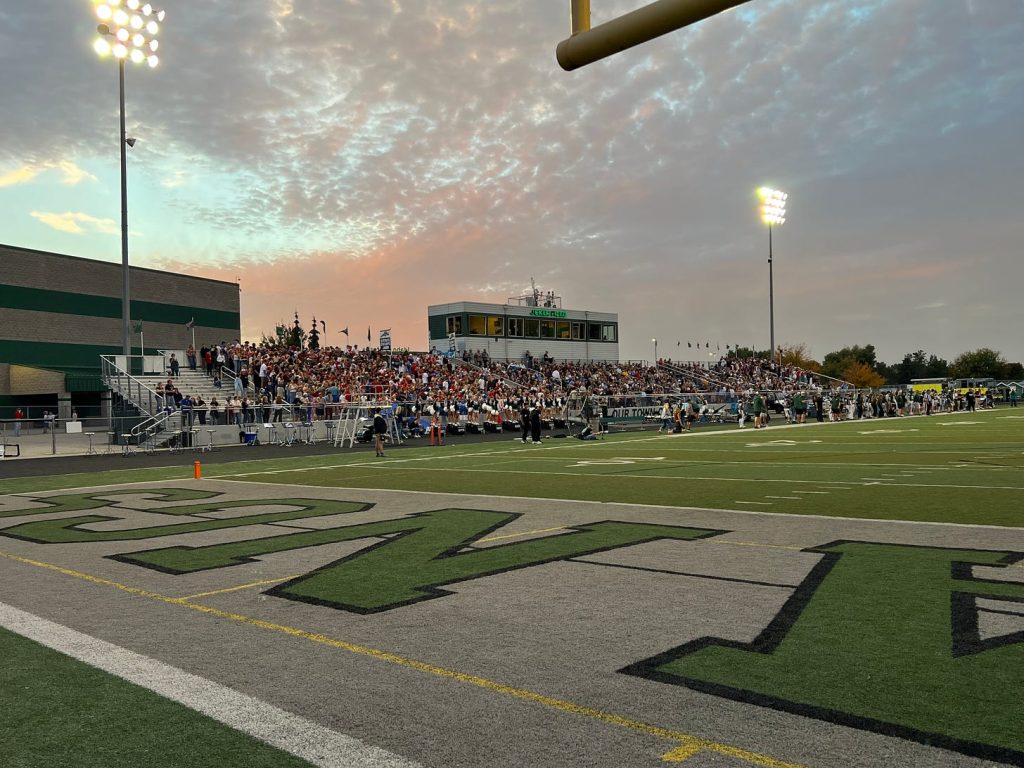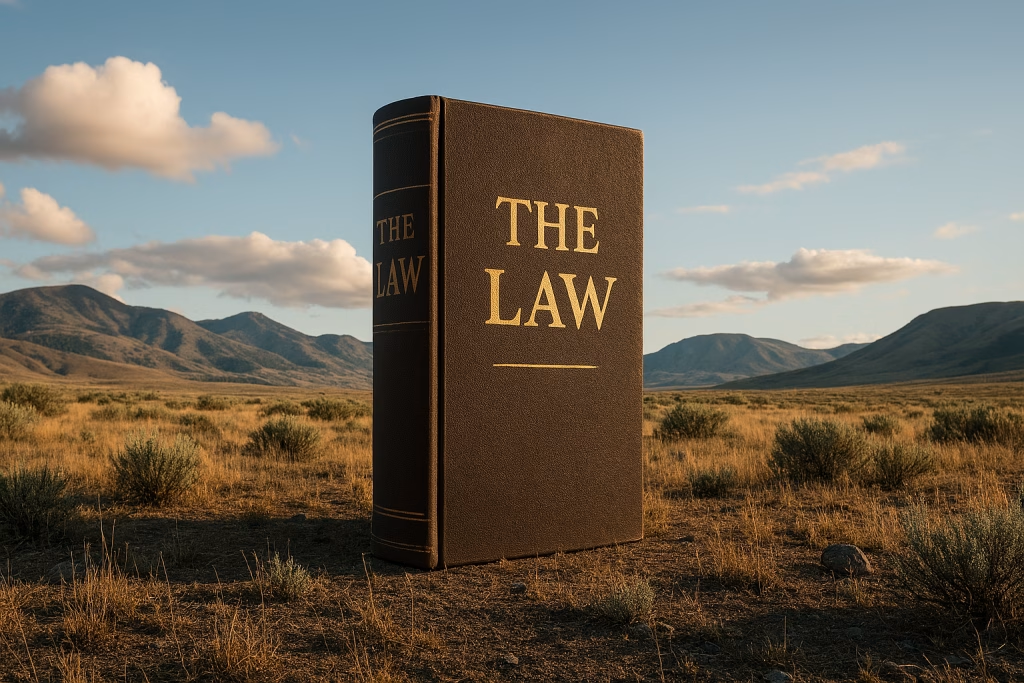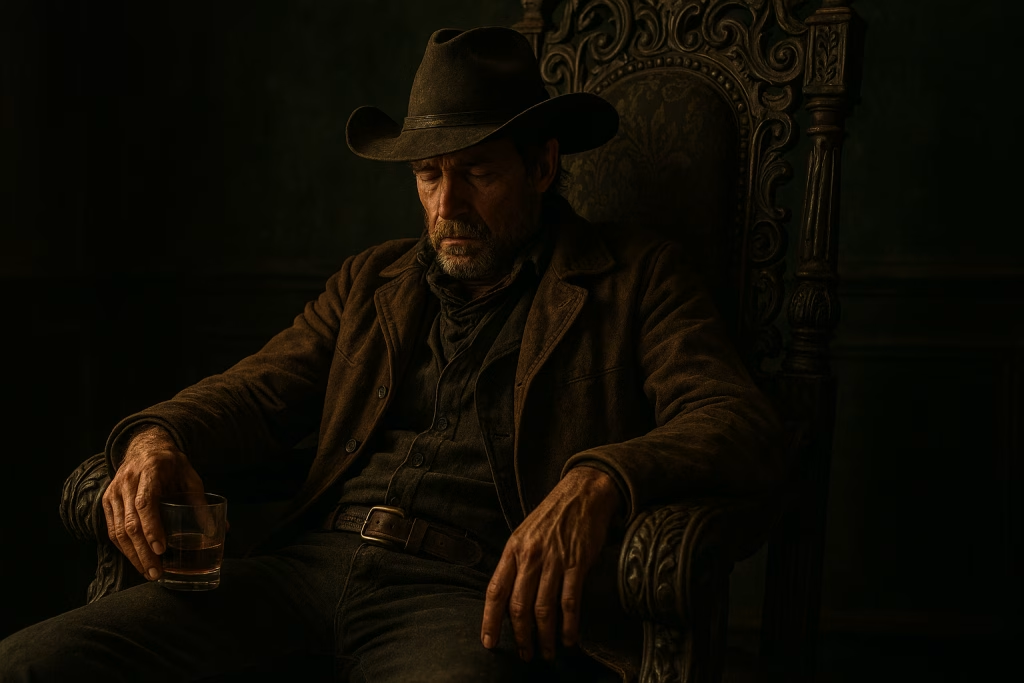David Lean’s 1957 epic film The Bridge on the River Kwai is one of the greatest war movies ever made. Colonel Nicholson, played by Alex Guinness, is a British Army officer who leads a contingent of POWs held captive by the Japanese at the beginning of the story. The Japanese commandant, Colonel Saito, tries to break Nicholson’s spirit but the Englishman holds firm, even in the face of torture and deprivation.
When Saito decides to use the POWs as slave labor to build the titular bridge, Nicholson at first protests that it is contrary to the rules of war, but then decides to show the Japanese how incredibly competent and professional the British can be. He will build a bridge to be proud of!
Unfortunately, Nicholson’s obsession with building that bridge drives him to fight against his own side when British and American commandos arrive to destroy it. Only when the commandos are dead does he realize what he’s done, and in a last act he falls upon the detonator before dying himself.
It’s easy to see how this applies to the world of politics. How often do we find ourselves defending some social edifice without realizing that it serves the work of the enemy? The conservatism movement is divided between those who want to tear everything down (often without a plan for what will replace it) and those who want to do the liberal order, only better.
Entitlement programs are a perfect example. There was a time when the idea that government should confiscate money from productive citizens in the form of income taxes and then distribute it back to others through programs like Social Security and Medicare was controversial. That’s clearly not what our Founding Fathers had in mind when they created this country and wrote our Constitution. Republicans fought the New Deal in the 1930s and the Great Society in the 1960s, but today those programs are so embedded in our culture that opposing them is political suicide. Even conservative Republicans are compelled to promise to protect Social Security.
I’ve referred to it before, but I can’t emphasize enough Ron Nate’s 2023 article “An Idaho Without Medicaid.” Nate, now the president of the Idaho Freedom Foundation, as well as Wayne Hoffman, the founder and former president, believed it was important to see a bigger picture than just minor reforms of the entitlement system. Even many conservatives are afraid to go that far, fearing media hit pieces or voter ire. Yet Nate was able to look beyond the next election to envision what we want our society to look like decades down the road:
Prior to 1965, and the advent of state-run health insurance for the poor, medical insurance and care came largely from state policies via public assistance but more directly from communities and churches. There is scant evidence of “people dying in the streets for lack of health insurance or healthcare.” Quite the opposite, America has a history of being one of the most charitable countries on the planet.
This is just one example of Republican Colonel Nicholsons defending the enemy bridge they helped build, forgetting the big picture.
Yet it’s not enough to blow up a bridge. Unlike the commandos, for whom the jungles of Burma were not their home, we in Idaho have to live with the consequences of our decisions. The public school system is a perfect example. According to our state constitution, the Legislature is required to fund a uniform system of public schools for the purpose of creating an educated populace who will maintain our republican form of government. Our current system is failing, no matter how much money we pour into it.
Like the British commandos, some on the right respond to this situation by saying we need to blow it all up. On the other hand, others are like Colonel Nicholson, defending the system as it is.
While I sympathize with the desires of the former, I also recognize that public schools are an integral part of our state and our communities. I finally made it to an Eagle High School football game last Friday, after living in this community for six years now. I have fond memories of playing in the pep band for my small school’s football games — freezing my fingers in October nights, watching the team burst onto the field for the second half, and taking a break during third quarter to walk around the track.

I believe high school football is one of the great American traditions. It brings communities together, and showcases not only the athletic talent of our high school students but the marching band, cheerleaders, dance team, and even the audiovisual engineers and concessions.
All this is to say that when we consider ways to fix social institutions such as the public school system, we must neither throw the baby out with the bathwater nor let the baby drown for fear of throwing it out. There is some value to looking ahead to a potential future without public schools, as with an Idaho without Medicaid, but for now we should be looking at how to help all children succeed, leaving none behind.
Nearly 300,000 students are enrolled in K-12 public schools in Idaho right now. Those are the future voters, legislators, and administrators who will lead our state for decades to come. Simply writing off the public school system is a recipe for disaster, both in the short term and long term.
This is why I am a strong proponent of universal school choice, of tax money following the student rather than being confined to a system. If properly implemented, such a system would allow families the flexibility to participate in school systems that meet their students’ needs, while the existing public system can continue to do what it does well while improving what it does poorly. Conservatives have long believed that competition always results in better service, so why would the school system be any different?
Don’t be a Colonel Nicholson, defending the indefensible simply because you’ve grown accustomed to it. Just because something has been around for 50 or 100 years, does not mean it is essential. On the other hand, don’t be too quick to blow up the bridge. Consider Chesterton’s Fence: If you come across a fence in the woods, take the time to learn why it was put there in the first place before you tear it down.
As conservatives, we should have a clear vision of our ideal society. I am thankful that both the Idaho Freedom Caucus and the Idaho Freedom Foundation have laid out their own visions. What is yours? What sort of state do you want to leave to your grandchildren and great-grandchildren?
Gem State Chronicle is a reader-supported publication. To receive new posts and support my work, consider becoming a free or paid subscriber.
About Brian Almon
Brian Almon is the Editor of the Gem State Chronicle. He also serves as Chairman of the District 14 Republican Party and is a trustee of the Eagle Public Library Board. He lives with his wife and five children in Eagle.













